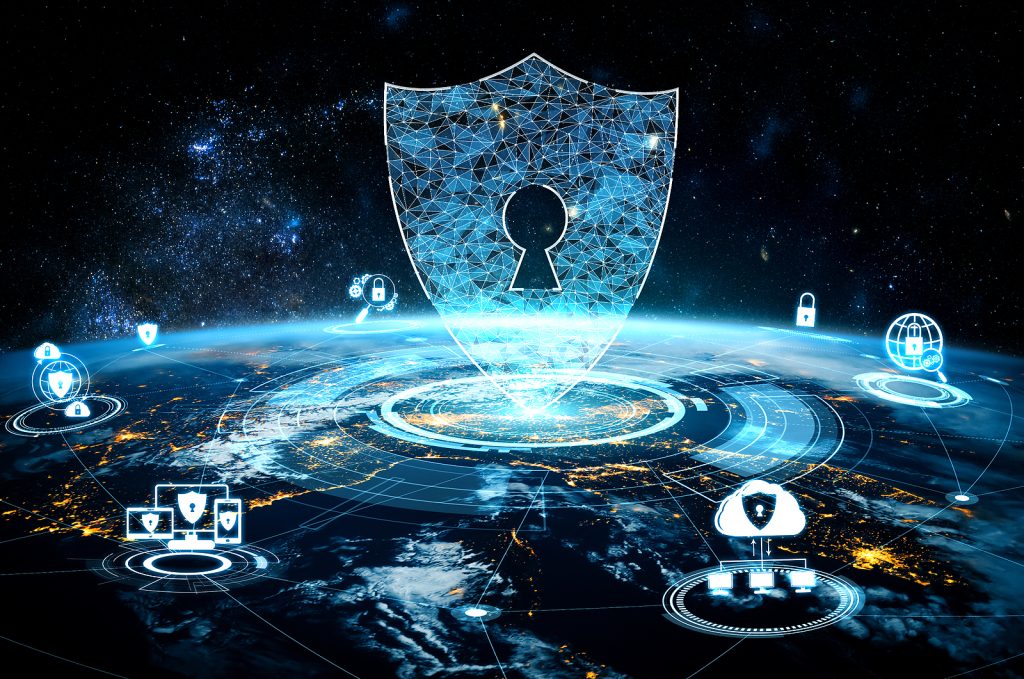Unique Passwords: Why They’re Like Using Different Keys for Your House, Car, and Office

In today’s digital age, one of the simplest yet most effective security measures we can take is to use unique passwords for each of our online accounts. This practice may seem tedious, but it’s not unlike having a separate key for every important lock in our daily lives. Imagine the risks if your house key could also unlock your car, your office, and your safe. If someone got their hands on it, they’d have complete access to everything you own. Just like in the physical world, using unique passwords is like keeping different “keys” for each digital door we want to secure.
Why Unique Passwords Matter
Using the same password for multiple accounts is the digital equivalent of using the same key for every lock. It might be convenient, but it creates a single point of failure: if a hacker gets hold of your password for one account, they suddenly have access to all the others.
Hackers know this, which is why one of their common tactics after breaking into a weakly protected account is to try the same credentials on other popular services. This practice is called credential stuffing, and it’s highly effective against those who reuse passwords.
Comparing Unique Passwords to Separate Keys
Let’s break down some specific comparisons that show why unique passwords are just as essential as separate physical keys.
1. Control Over Access
- Physical Keys: Imagine you lend your car key to a friend, but you wouldn’t want that same key to open your home. Separate keys give you control over who accesses different spaces.
- Passwords: Unique passwords give you similar control in the digital world. If you use a distinct password for each account, even if you have to share it temporarily, you’re not risking other accounts. For instance, if you share a streaming password, you’re not also granting access to your bank account.
2. Damage Containment
- Physical Keys: If you lose a key, the risk is contained. You know that only the specific place that key unlocks is at risk. Replacing one lock is manageable.
- Passwords: If one unique password is compromised, only that one account is affected, not your entire digital life. It’s much easier to recover from a single breach than to address the consequences of multiple accounts being hacked.
3. Layered Security
- Physical Keys: Having separate keys adds an extra layer of security, as someone would need multiple keys to access every part of your property.
- Passwords: Unique passwords create a similar layered defense. If a hacker wants access to all your accounts, they’ll need to go through each password individually, which is time-consuming and often impractical. Even if they break into one account, they’re blocked from the rest.
4. Preventing Social Engineering Attacks
- Physical Keys: Imagine a stranger gains access to one of your keys and attempts to access other areas, only to find they’re locked. You can catch this suspicious activity early.
- Passwords: In the digital world, using different passwords helps you identify compromised accounts faster. If you see suspicious activity on one account, you can address that specific password without worrying that your other accounts are similarly vulnerable.
How to Manage Unique Passwords
Understandably, managing different passwords for every account can be daunting. But with the right tools and practices, it’s much simpler than it seems. Here are a few strategies:
- Password Managers: These tools securely store and manage your passwords, allowing you to create complex, unique passwords without needing to remember each one individually.
- Two-Factor Authentication (2FA): Adding a second form of verification, like a text message code or an authentication app, strengthens your security and provides an extra layer if your password is compromised.
The Bottom Line
Using unique passwords is one of the best ways to protect your online presence, just as having separate keys safeguards your physical spaces. It might take a bit of effort to get started, but the security benefits far outweigh the minor inconvenience. In a world where data breaches are increasingly common, having “different keys for every lock” could be what stands between you and a major security issue.
 Print This Article
Print This Article

